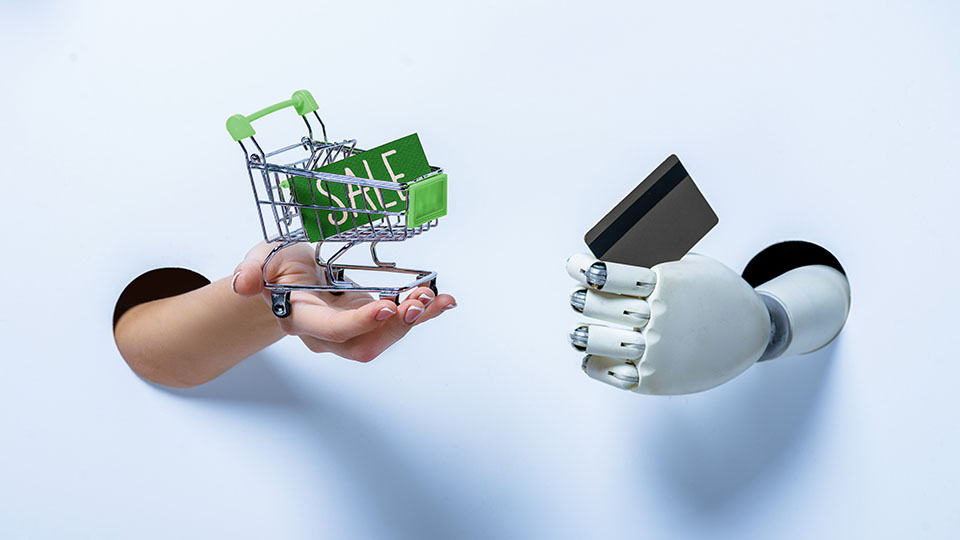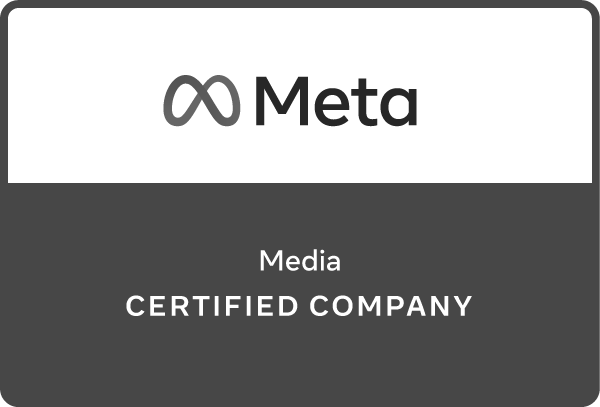
Affiliate marketing has long been labeled a “bottom-of-the-funnel” channel — a final step in the conversion path that captures the sale rather than drives it. But that outdated thinking misses the real opportunity: Affiliate marketing is no longer just about last-click attribution. When managed strategically, it serves as a full-funnel growth engine.
Marketers that still treat affiliates as an afterthought in their brand and acquisition strategy are leaving significant value on the table.
Let’s break down why and how affiliates can power every stage of the customer’s journey:
The affiliate misconception: It’s only about conversions
Historically, affiliate marketing focused on promotions, coupon and last-click attribution models. That led to the assumption that affiliate = discount = closing the sale. While those tactics still matter, especially during peak shopping moments, the affiliate ecosystem has evolved dramatically.
Today’s affiliate landscape includes:
- High-quality editorial content from trusted publishers
- Niche influencers driving brand discovery
- SEO-driven sites generating consistent organic traffic
- Loyalty and reward platforms that enhance customer retention
- Communities and forums that offer authentic product recommendations
These partners don’t just close the sale; they help create demand, shape preferences and build trust.
Affiliate marketing as a full-funnel channel
Here’s how affiliate marketing can deliver impact across all stages of the marketing funnel:
1. Top of funnel: Awareness
Content publishers, influencers and communities introduce your brand to new audiences in organic, trusted environments. What that looks like:
- Gift guides, “best of” lists, seasonal roundups
- Product reviews on blogs or YouTube
- TikTok creators showing your product in use
- SEO articles targeting category-level search terms
These placements drive discovery and brand consideration, often weeks before a purchase.
2. Mid-funnel: Engagement and research
Once a consumer is aware of your brand, they enter research mode. Affiliates help validate their interest through expert recommendations, comparisons and social proof. What that looks like:
- Side-by-side comparisons (“Brand A vs. Brand B”)
- “Why I switched” influencer stories
- Loyalty platforms with detailed product information
- User-generated reviews or Reddit threads
At this stage, affiliates play a key role in building trust and moving the shopper closer to a decision.
3. Bottom of funnel: Conversion
Conversion is the moment most brands associate with affiliate marketing — and for good reason. Deals, coupons and cash-back sites help tip hesitant shoppers over the line and maximize return on intent.
What that looks like:
- “Best promo codes for…” content
- Flash sales pushed by loyalty platforms
- Personalized discounts from email or social affiliates
Here, affiliate supports decision-making and conversion, but keep in mind that it’s only one piece of the larger picture.
Measuring full-funnel performance
To unlock the full potential of affiliates, marketers must move beyond last-click attribution. Consider:
- Multitouch attribution models to understand how affiliates contribute across the journey
- View-through conversions to capture influence from upper-funnel placements
- Engagement metrics (time on site, CTR, bounce rate) from content partners
- First-party data from loyalty and referral platforms to understand long-term value
These insights can reveal how your affiliate program supports broader brand and acquisition goals, not just transactions.
Think like a media channel
The most successful affiliate programs treat affiliates not just as sales drivers, but as media partners:
- They invest in storytelling, not just discounts
- They tailor commission models by partner type and funnel impact
- They align affiliate marketing with paid, organic and influencer strategies
By doing so, they tap into the true power of affiliate marketing, driving awareness, trust and purchase, all in one integrated channel.
Again, affiliate marketing is no longer just about last-click sales, and it shouldn’t be treated like a postscript to your marketing mix. Done right, it’s a full-funnel engine that can:
- Spark discovery
- Guide research
- Drive conversion
- Build loyalty
As the affiliate ecosystem matures, so should your strategy. The brands that win won’t just optimize for conversions; they’ll optimize for all the marketing funnel stages.
Want to learn more and continue the conversation? Reach out to Rise — we can help.








